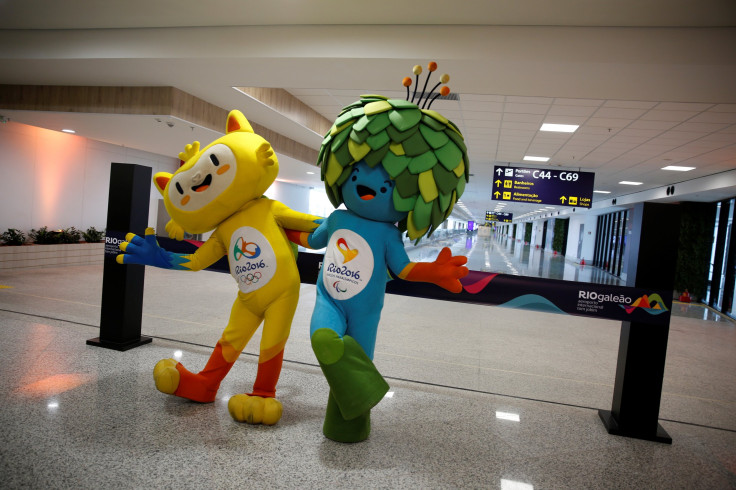Brazil Investigating Possible Corruption At Olympic Venues

Brazilian investigators have expanded their probe into possible corruption around the staging of the Olympic Games in Rio de Janeiro this August to include all the venues and services financed with federal funds, a lead prosecutor told Reuters.
Federal investigations have previously focused on "legacy" modernization projects not directly tied to the games but this newly disclosed probe includes Olympic Park and the Deodoro area where Olympic venues are located, federal prosecutor Leandro Mitidieri said.
"It's not just the physical works we're looking at — it is contracts for services, security, everything that used federal funds," he told Reuters from his Rio de Janeiro office late on Tuesday.
The Olympics were meant to showcase Brazil's rise as a global power. Instead, they will take place as suspended President Dilma Rousseff faces an impeachment trial, the economy suffers its worst recession since the 1930s, an outbreak of the Zika virus prompts health concerns and a massive corruption scandal infuriates Brazilians.
Mitidieri said his team is also investigating what happened to federal funds earmarked for cleaning Guanabara Bay, where Olympic sailing events will take place, and lakes that surround the main Olympic venues in western Rio's Barra neighborhood.
Those bodies of water have heavy sewage contamination and remain badly polluted despite promises to drastically improve them as a legacy achievement of the Olympics.
Another team of federal prosecutors, along with federal police, is investigating whether the Rio de Janeiro state water utility company Cedae committed environmental crimes by not properly treating sewage in Rio's metropolitan area of 12 million people, Mitidieri said.
Rio utility Cedae said it had not been notified about the investigation and could not make a comment without understanding more about the probe.
Mitidieri would not say if his team had uncovered any proof of corruption — but he added that detailed announcements about the investigation's results would be made in coming weeks.
Five construction firms are building most of the 39 billion reais ($10.8 billion) worth of venues and infrastructure needed for Rio's Olympics. The figure includes at least 1.76 billion reais in federal funds, according to documents from Brazil's federal accounting court.
All five companies are caught up in an investigation into price fixing and kickbacks at state-run oil company Petrobras, a two-year probe that has seen scores of top executives and politicians jailed, charged or under investigation.
The Petrobras investigation is what led federal police and prosecutors to begin looking at possible corruption tied to the Olympics.
Federal authorities have already said they are investigating the Porto Maravilha project, an 8 billion-real facelift of Rio's dilapidated port area, and also the expansion of the city's metro line to the Olympic area in Barra.
Court files made public in March showed police uncovered documents from executives of Latin America's largest construction firm, Odebrecht SA, that referenced 1 million reais in suspected bribes connected to those two big legacy projects.
Odebrecht is at the center of the Petrobras scandal and is involved in over half of all Olympic projects by value, according to contracts reviewed by Reuters.
A spokeswoman for Odebrecht said by email that the company had no comment to make.
Mitidieri declined to provide details on which companies are the focus of the federal probe, though he did note that OAS SA and Queiroz Galvao had "a lot of activity" in the Deodoro region of the Olympics. OAS did not respond to requests for comment. A spokeswoman for Queiroz Galvao wrote in an email that the company had not been notified about the investigation and had no further comment.
Rio de Janeiro's city government oversees most Olympic construction projects, though a few are financed by the federal or state government. The city government says contracts were mostly funded with private resources and that all bids were overseen by regulators.
Rio 2016, the local organizing committee, handles some nonpermanent structures like seating, and has a budget of 7 billion reais.
The federal government, Mitidieri noted, is by law responsible for any debts the local organizing committee may incur.
The Rio 2016 local organizing committee referred questions to the mayor's office.
The mayor's office said it would not comment without knowing what exact contracts were under investigation. It added in its emailed response that all contracts were carried out in a transparent manner and that city officials were prepared to provide any clarifications necessary.
© Copyright Thomson Reuters {{Year}}. All rights reserved.






















